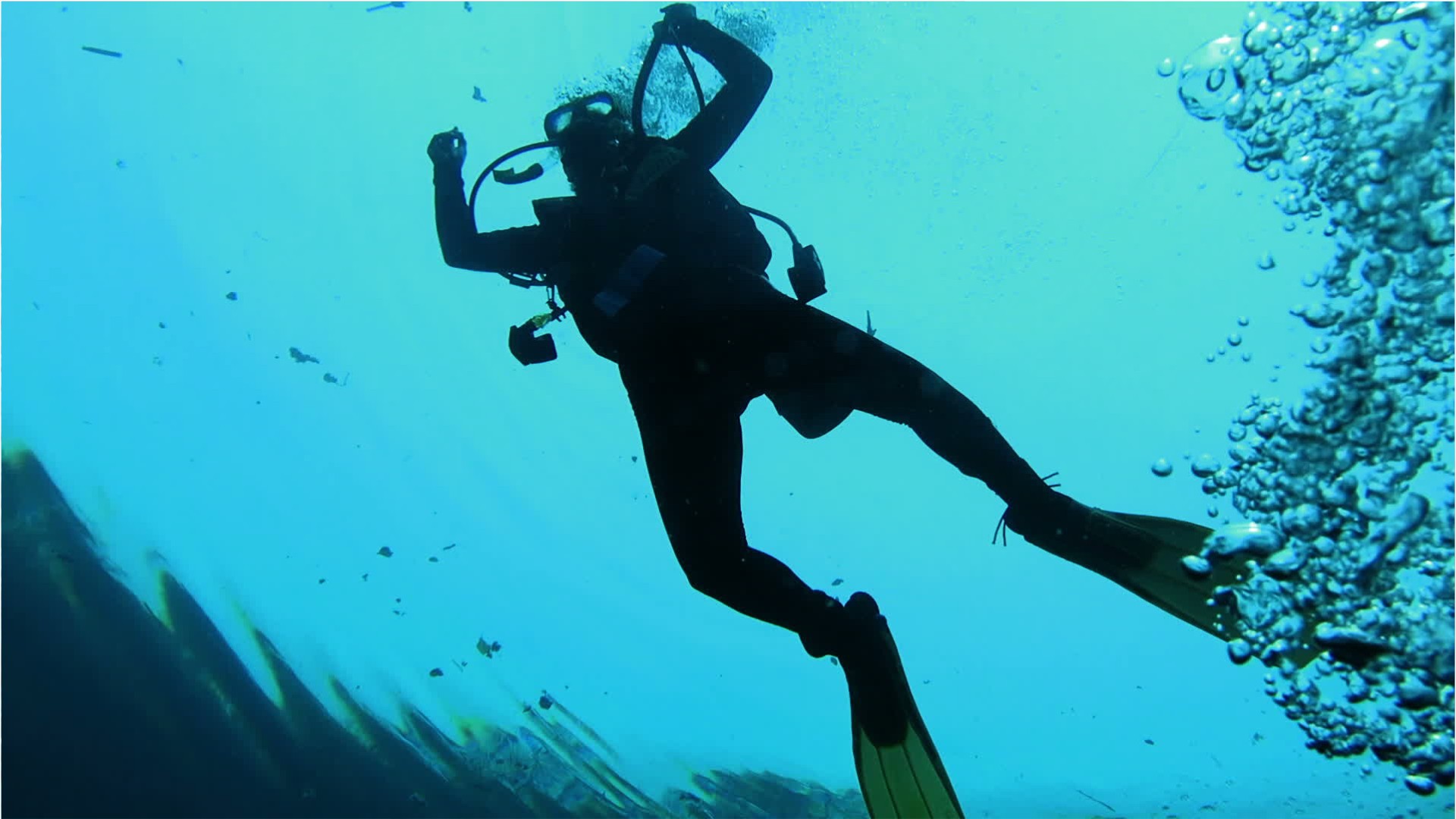Commercial Divers
Commercial Diver, Diver, Diver Tender, Tender
 Select a military branch to see samples.
Select a military branch to see samples.
Pararescue; Pararescue Apprentice; Pararescue Craftsman; Pararescue Helper; Pararescue Journeyman; Pararescue Manager; Pararescue Superintendent; Special Warfare, Special Tactics Officer
Combat Engineer; Diver; Special Forces Warrant Officer; Wheeled Vehicle Mechanic
Aviation Survival Technician; Diver; Diving Specialist
Combatant Diver Marine; Combatant Diver Officer; Expeditionary Ground Reconnaissance (EGR) Officer; Explosive Ordnance Disposal (EOD) Technician; Marine EOD Diver; Parachute/Combatant Diver Officer; Parachutist/Combatant Diver Marine; Reconnaissance Man, Combatant Diver Qualified; Reconnaissance Man, Parachute and Combatant Diver Qualified; Reconnaissance Man, Parachutist Qualified
(EOD) Apprentice Diver (Student Status); CWO - Special Warfare Technician; Diving Officer (Deep Sea, He02); Explosive Ordnance Disposal (EOD) Technician; LDO - Explosive Ordnance Disposal; Medical Deep Sea Diving Technician; Ordnance Clearance Diver; Sea Air and Land (SEAL); SO Candidate; Submarine SCUBA Diver
No similar titles were found.
What they do:
Work below surface of water, using surface-supplied air or scuba equipment to inspect, repair, remove, or install equipment and structures. May use a variety of power and hand tools, such as drills, sledgehammers, torches, and welding equipment. May conduct tests or experiments, rig explosives, or photograph structures or marine life.
On the job, you would:
- Take appropriate safety precautions, such as monitoring dive lengths and depths and registering with authorities before diving expeditions begin.
- Check and maintain diving equipment, such as helmets, masks, air tanks, harnesses, or gauges.
- Communicate with workers on the surface while underwater, using signal lines or telephones.
Knowledge
Engineering and Technology
- mechanical
- building and construction
Math and Science
- physics
- arithmetic, algebra, geometry, calculus, or statistics
Business
- customer service
Safety and Government
- public safety and security
Skills
Basic Skills
- thinking about the pros and cons of different ways to solve a problem
- listening to others, not interrupting, and asking good questions
Problem Solving
- noticing a problem and figuring out the best way to solve it
Social
- changing what is done based on other people's actions
- teaching people how to do something
Abilities
Hand and Finger Use
- keep your arm or hand steady
- hold or move items with your hands
Verbal
- listen and understand what people say
- communicate by speaking
Controlled Movement
- quickly change the controls of a machine, car, truck or boat
- use your arms and/or legs together while sitting, standing, or lying down
Ideas and Logic
- notice when problems happen
Personality
People interested in this work like activities that include practical, hands-on problems and solutions.
They do well at jobs that need:
- Perseverance
- Stress Tolerance
- Self-Control
- Cautiousness
- Attention to Detail
- Dependability
Technology
You might use software like this on the job:
Data base user interface and query software
- Diving logbook software
- Remote operated vehicle ROV dive log software
Analytical or scientific software
- Dynamic positioning DP software
Internet browser software
- Web browser software
Education
Education: (rated 3 of 5)
certificate after high school or
associate's degree
usually needed
associate's degree
usually needed
Job Outlook
Bright
New job opportunities are very likely in the future.
Explore More
You might like a career in one of these industries:
See more details at O*NET OnLine about Commercial Divers.




